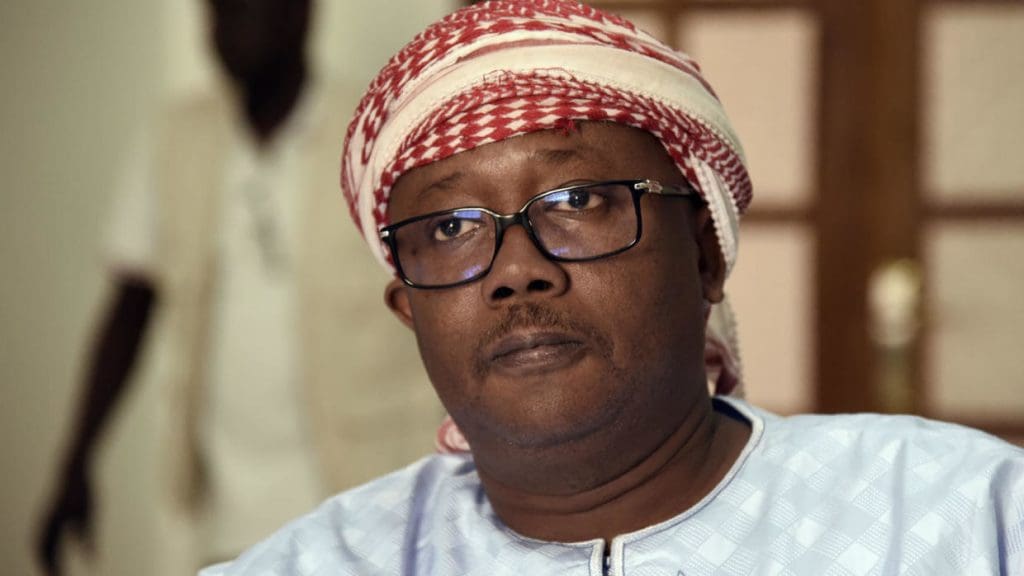The detention of 46 Ivorian soldiers by Bamako will be at the heart of the summit of West African heads of state in New York.
The issue of Ivorian soldiers detained in Mali for alleged mercenarism will be discussed in New York during the extraordinary summit of heads of state of the Economic Community of West African States (ECOWAS) scheduled for Thursday 22 September, on the sidelines of the 77th session of the United Nations General Assembly. “Obviously we will discuss this issue,” said the current president of the sub-regional institution, Umaro Sissoco Embalo in an interview with RFI and France24.
Speaking on the accusations against the Ivorian soldiers, the Guinea-Bissau president said they “are not mercenaries”, thus echoing the same speech of the United Nations Secretary General, Antonio Guterres and the Nigerian Minister of Foreign Affairs, Geoffrey Onyeama. “In the position of the Malian authorities, I would have released them,” he continued.
On Sunday 10 July, 49 Ivorian soldiers were arrested in Bamako by the Malian transitional authorities who accused them of attempting to destabilise Mali.
The day after the arrest, Abidjan rejected these accusations, reaffirming that the arrested soldiers belong to the Ivorian army. The National Security Council meeting chaired by Alassane Ouattara, head of state of Cote d’Ivoire, added that the soldiers had gone to Mali as part of the UN mission of MINUSMA.
Togo’s president, Faure Gnassingbé, was asked by Bamako to help resolve the crisis. The mediation was successful as 3 of the 49 soldiers (only women) were released on humanitarian grounds.
Discussions were to continue for the release of the rest of the group. But receiving on Friday September 9 the Nigerian Minister of Foreign Affairs, Geoffrey Onyeama, bearing a message from President Muhammadu Buhari, the president of the Malian transition conditioned the release of Ivorian soldiers to the extradition of political figures who would be protected by Abidjan. “In the position of the Malian authorities, I would not have set this condition,” suggested Umaro Sissoco Embalo, adding that he had not discussed the matter with Colonel Assimi Goïta, president of the Malian transition.
AC/cgd/lb/abj/APA


